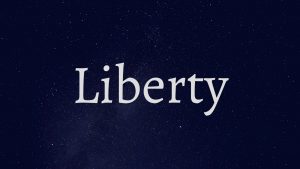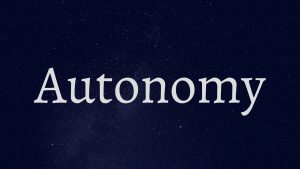
A PDF file of the above graphic is available here.
One of the definitions of this term in Noah Webster’s 1828 dictionary is this:
3. Civil liberty is the liberty of men in a state of society, or natural liberty so far only abridged and restrained, as is necessary and expedient for the safety and interest of the society, state or nation.
In other words, civil liberty is a type of liberty that respects both personal choice and the rights and choices of others, within reasonable guidelines that are conducive to an ordered society. It is not a type of liberty that seeks to cast off all restraints in favor of doing whatever one has an urge or compulsion to do.

A PDF file of the above graphic is available here.
By offering similar definitions, Noah Webster’s 1828 dictionary indicates that freedom and liberty are synonyms. The dictionary says freedom is
1. A state of exemption from the power or control of another; liberty; exemption from slavery, servitude or confinement. freedom is personal, civil, political, and religious.

A PDF file of the above graphic is available here.
According to Noah Webster’s 1828 dictionary, the word autonomy
is rarely used. It signifies the power or right of self government, whether in a city which elects its own magistrates and makes its own laws, or in an individual who lives according to his own will.
Apparently this term is used much more frequently today than it was in 1828. Webster’s 1828 dictionary indicates that raw autonomy is self-rule, without restraints.
This page is part of a larger article.
Copyright © 2020 by B. Nathaniel Sullivan. All rights reserved.
